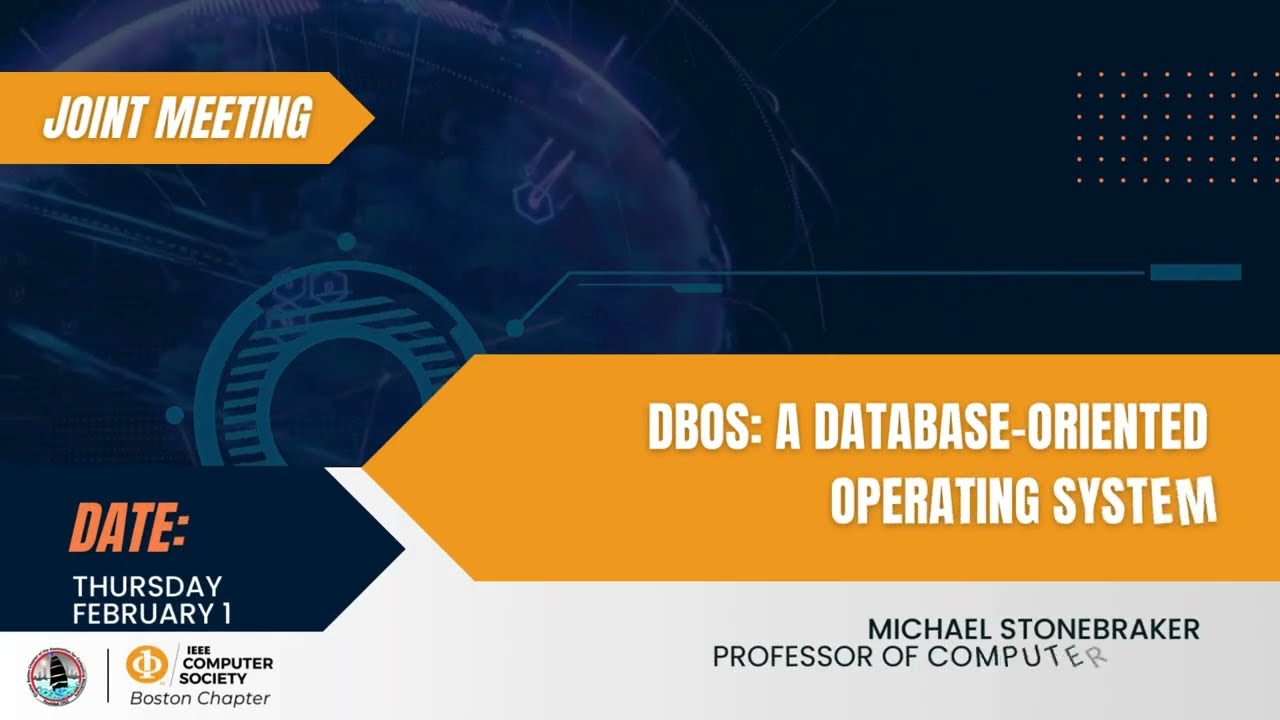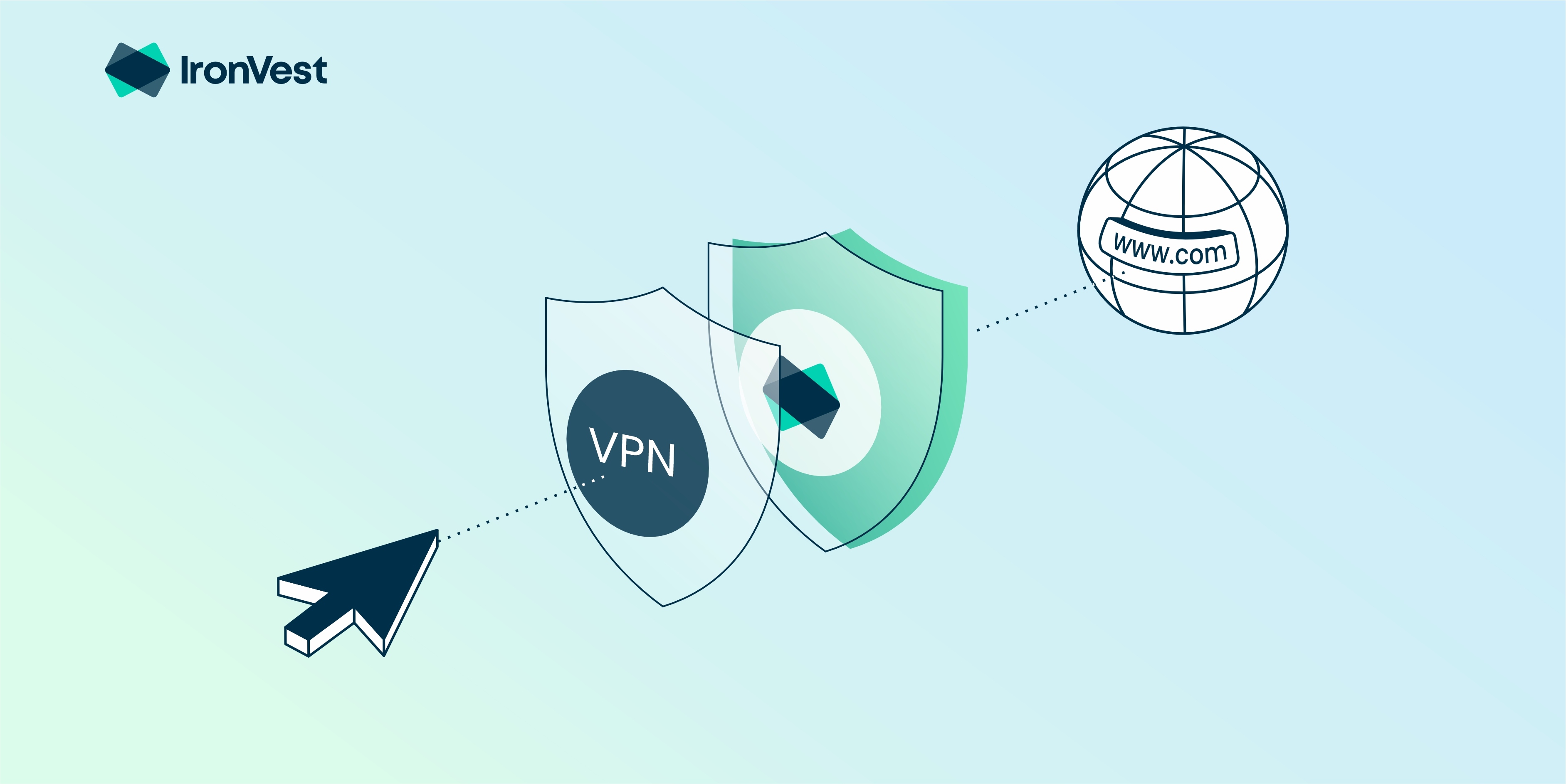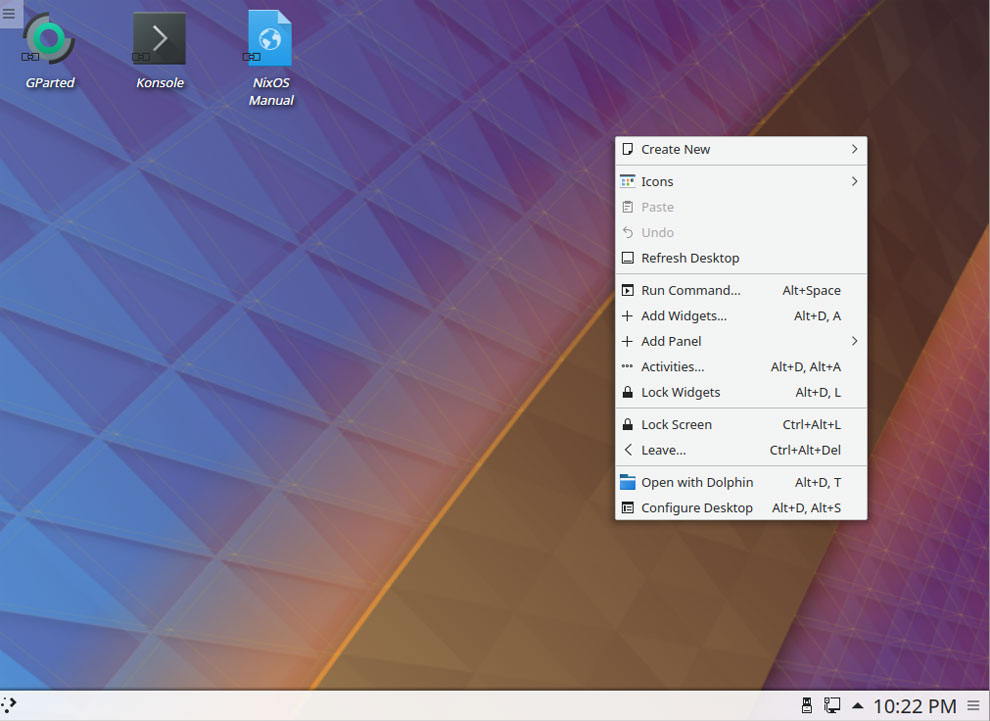
Linux vs. Windows: A Deep Dive into Security
The perennial debate between Linux and Windows has always revolved around one key aspect - security. While Linux enthusiasts often tout the superior security features of the open-source operating system, Windows loyalists argue that the gap is not as wide as it seems. In this comprehensive analysis, we delve into the intricacies of both systems to determine which truly reigns supreme in the realm of cybersecurity.
Unpacking Operating Systems
Before we delve into the security realm, it’s crucial to understand the fundamental role of an operating system (OS). An OS serves as the backbone of your computer, managing software, hardware, and system resources to ensure seamless functionality. While Windows boasts a user-friendly interface and widespread application support, Linux stands out for its stability and efficiency, particularly on older machines and servers.
The Battle of Titans: Windows vs. Linux
Windows: The Mainstream Contender
Microsoft’s Windows has long dominated the desktop OS market, thanks to its intuitive design and extensive software compatibility. With a market share of 73%, Windows caters to a vast user base, offering a plethora of applications and games. However, its susceptibility to security breaches has been a point of contention among critics.
Linux: The Underdog Champion
In contrast, Linux, born out of Linus Torvalds’ vision in 1991, has carved a niche for itself as a secure and robust OS. Despite its modest 4% desktop market share, Linux shines in the server domain and is renowned for its speed and reliability. The open-source nature of Linux fosters a collaborative community effort to enhance security measures continuously.
Decoding the Security Enigma
Permissions and Access Control
One of the primary reasons behind Linux’s security prowess lies in its stringent permission model. Unlike Windows, Linux mandates root password authentication for system modifications, reducing the risk of unauthorized access and malware infiltration.
The Power of Open Source
Linux’s open-source architecture empowers a global network of developers to scrutinize, refine, and fortify the codebase. This collective effort ensures rapid bug detection and patch deployment, bolstering the OS’s resilience against cyber threats.
Software Ecosystem and Updates
Linux’s centralized package management system streamlines software installations from trusted repositories, mitigating the risks associated with unverified sources. Moreover, Linux’s seamless update process enhances system security by promptly addressing vulnerabilities, a stark contrast to Windows’ fragmented update mechanism.
User Base and Privacy Paradigm
Linux’s relative obscurity shields it from widespread cyber attacks, as threat actors predominantly target Windows systems due to their ubiquity. Furthermore, Linux champions user privacy by default, in stark contrast to Windows’ data collection practices, necessitating intricate privacy settings adjustments.
The Road Ahead: Can Windows Bridge the Gap?
While Windows has made strides in bolstering its security posture, Linux’s inherent network-centric design affords it a competitive edge in the cybersecurity landscape. Windows’ historical legacy as a personal computing OS poses challenges in aligning with modern security paradigms, necessitating substantial architectural overhauls for parity with Linux.
Performance Paradigm: Speed and Efficiency
Beyond security, Linux’s lightweight kernel and minimalistic design translate to superior performance metrics compared to Windows. The absence of bloatware and resource-efficient operation make Linux an optimal choice for users seeking swift and responsive computing experiences.
Key Distinctions: Linux vs. Windows
| Feature | Linux | Windows |
|---|---|---|
| Open Source | Yes | No |
| Security | More Secure | Less Secure |
| Privacy | Emphasized | Data Collection |
| Performance | Lightweight | Resource-Intensive |
In Conclusion
The Linux vs. Windows debate epitomizes the perpetual clash between security and convenience in the digital realm. While Windows excels in user-friendliness and software compatibility, Linux emerges as the frontrunner in security and performance domains. Transitioning from Windows to Linux entails trade-offs but promises enhanced security, stability, and community support, underscoring the enduring appeal of the open-source ecosystem.
For a detailed comparison and insights into the Linux vs. Windows saga, explore our comprehensive guide on the key differences between the two OS giants.
Stay Secure, Stay Informed
As the cybersecurity landscape evolves, prioritizing data protection and privacy remains paramount. Whether you opt for Linux or Windows, safeguarding your online activities with a reliable VPN like PIA VPN ensures encrypted connections and enhanced privacy safeguards. Take charge of your digital security today!















